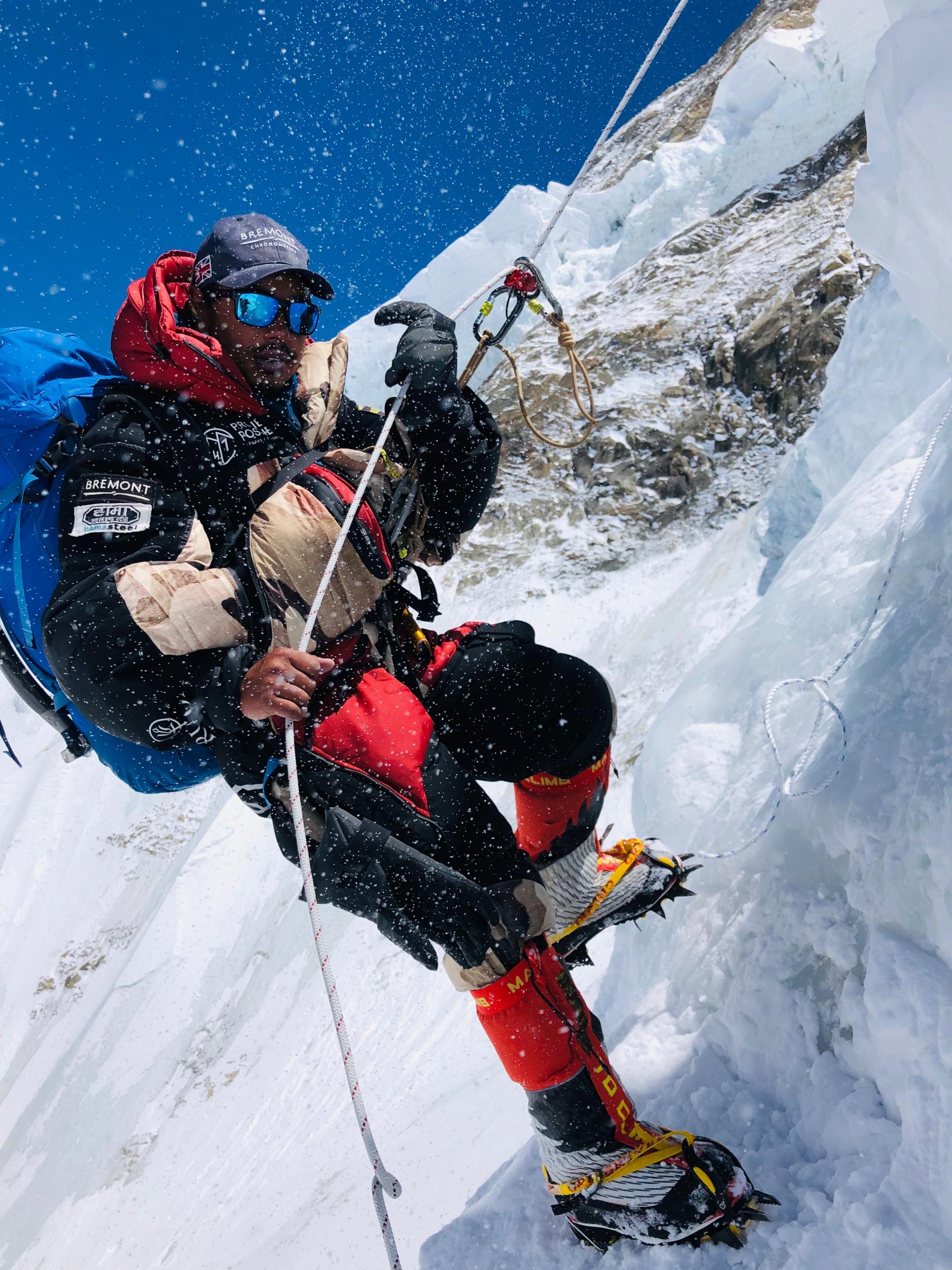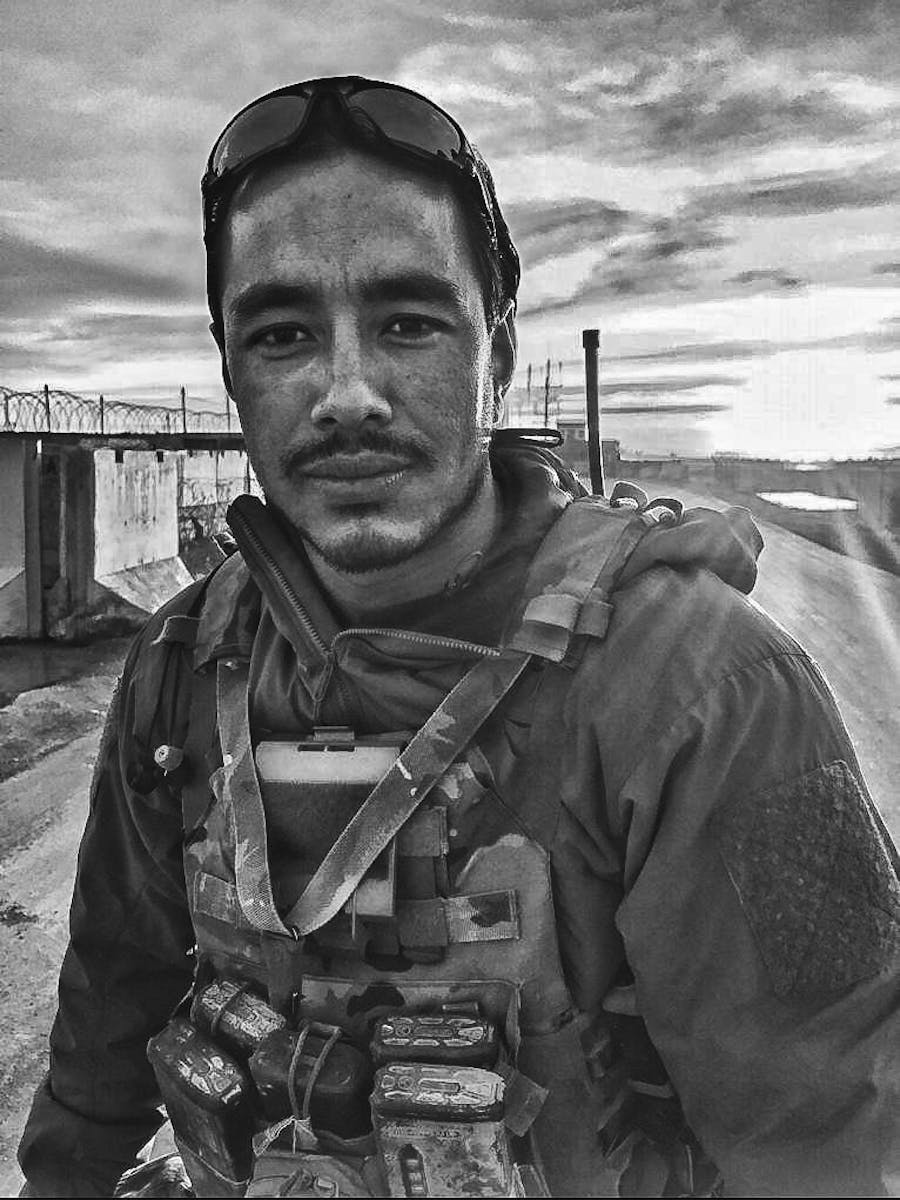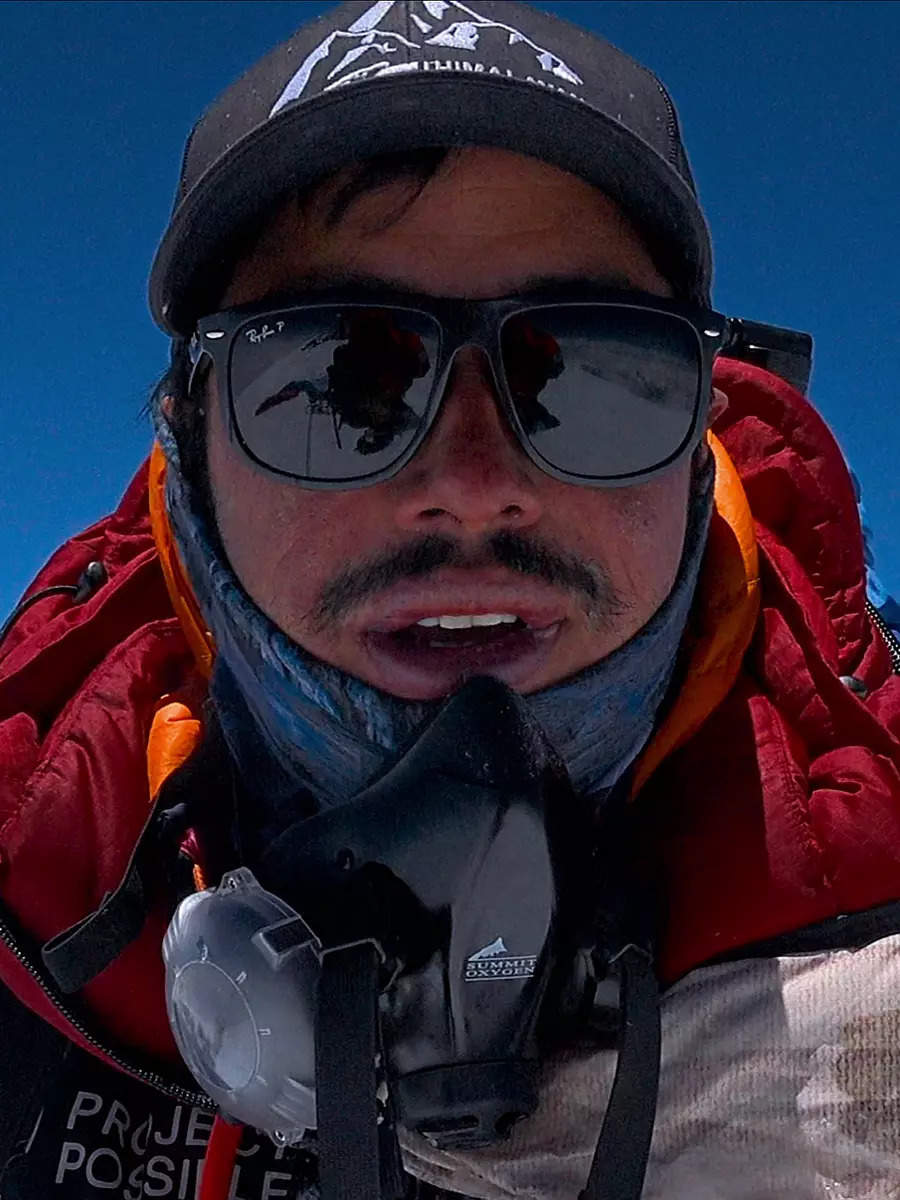Is Nimsdai Purja truly the epitome of modern mountaineering excellence? The answer lies in his remarkable achievements that have redefined the limits of human endurance and skill. A former Gurkha soldier and UK Special Forces operative, Nims has emerged as one of the most celebrated figures in the world of high-altitude climbing. Born in Nepal, he embarked on a 16-year military career that included six years with the elite Gurkha regiment and ten years with the British Army.
Nimsdai Purja’s transition from military service to mountaineering is nothing short of extraordinary. He achieved what many deemed impossible: summiting all 14 peaks above 8,000 meters within an unprecedented timeframe of six months and six days. This feat shattered previous records, including the seven years, 10 months, and six days mark set by South Korea's Kim Chang-ho. However, his contributions extend beyond personal accomplishments; he has also been involved in numerous high-altitude rescue missions, showcasing his commitment to safety and humanitarian efforts in the world of climbing.
| Bio Data & Personal Information | Career & Professional Information |
|---|---|
| Full Name: | Nirmal Nims Purja |
| Date of Birth: | April 3, 1979 |
| Place of Birth: | Nepal |
| Height: | 5'6 (168 cm) |
| Family: | Married with children |
| Military Career: | Gurkha Regiment, UK Special Forces (SBS) |
| Notable Achievements: | Summiting all 14 eight-thousanders in 6 months and 6 days |
| Honors: | MBE (Member of the Order of the British Empire) |
| Website: | nimsdai.com |
Despite his accolades, Nimsdai Purja has faced significant controversy in recent years. Allegations of sexual harassment and assault surfaced in a New York Times article, sparking widespread debate within the climbing community. Two women accused him of misconduct, leading to reactions from fellow climbers, brands, and even Nepali politicians. The scandal cast a shadow over his otherwise illustrious career, prompting discussions about accountability and ethics in the realm of adventure sports.
Prior to these allegations, Nims was widely regarded as a trailblazer whose Project Possible initiative inspired countless individuals around the globe. His ability to summit Everest, Lhotse, and Makalu within 48 hours remains a testament to his physical prowess and mental fortitude. Moreover, his leadership in the first winter ascent of K2 in 2021 further solidified his status as a pioneering figure in mountaineering history.
While the allegations against Nims Purja remain under scrutiny, they underscore the importance of addressing misconduct in any field, regardless of an individual's achievements. The climbing community, which prides itself on values such as integrity and respect, must grapple with how to balance admiration for extraordinary feats with the need for justice and fairness.
In interviews, Nims has often emphasized the philosophy that nothing is impossible. This mantra guided him through some of the most challenging expeditions in the world. Yet, as the allegations suggest, the pursuit of greatness should never come at the expense of ethical behavior or the well-being of others. The conversation surrounding Nims Purja serves as a reminder that even the most accomplished individuals are not immune to scrutiny when it comes to their actions outside the realm of their professional triumphs.
For those who follow his journey, Nimsdai Purja represents both inspiration and complexity. His story highlights the duality of human nature—the capacity for extraordinary achievement alongside the potential for missteps. As the climbing world continues to evolve, it must find ways to celebrate success while holding its members accountable for their actions.
Regardless of the controversies, Nimsdai Purja's impact on the world of mountaineering cannot be denied. From his humble beginnings in Nepal to his record-breaking ascents, he has left an indelible mark on the sport. Whether viewed as a hero or a flawed individual, his legacy will undoubtedly shape future generations of climbers and adventurers alike.
The question now becomes: How do we reconcile the brilliance of Nimsdai Purja's achievements with the challenges posed by the allegations against him? The answer may lie in fostering a culture of transparency, accountability, and empathy within the climbing community—a culture that celebrates greatness while ensuring that no one is above reproach.
In conclusion, Nimsdai Purja's life and career exemplify the complexities inherent in the pursuit of excellence. His story invites us to reflect on the intersection of ambition, ethics, and humanity, reminding us that true greatness extends beyond personal accomplishments to encompass the values we uphold and the people we affect along the way.



